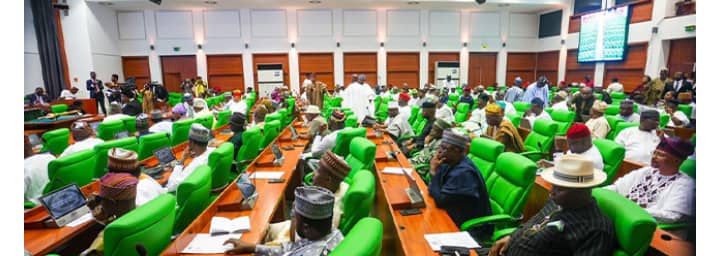Nigeria’s New Visa Regime and Expatriate Quota Reforms
The Nigeria Immigration Service (NIS) has introduced significant reforms to its visa and expatriate administration policies, aiming to boost transparency, efficiency, and migration management. These changes are designed to strengthen the country’s immigration system, enhance service delivery, and attract foreign investment.
The NIS has launched a fully electronic visa system, replacing the traditional visa application process. This platform allows applicants to submit their requests online and receive approvals via email.
The new visa regime introduces a range of technology-driven services, including e-Visa, e-CERPAC (Comprehensive Expatriate Residence Permit and Automated Card), and electronic landing and exit cards.
The reforms aim to simplify and strengthen the process of managing expatriate employment, removing unnecessary delays and promoting transparency.
The Expatriate Quota Reform seeks to simplify and strengthen the process of managing expatriate employment, removing unnecessary delays and promoting transparency.
The reforms introduce better monitoring systems to ensure compliance and support legitimate business operations in Nigeria.
Post-Amnesty Voluntary Return and Documentation Programme
The NIS introduced a one-time amnesty window from May 1 to September 30, 2025, for foreign nationals residing in Nigeria without valid immigration status.
During this period, affected individuals could regularize their stay by paying applicable fees and submitting updated documentation without facing overstay penalties or re-entry bans .
The reforms aim to promote transparency and efficiency in the immigration system.
The digitalization of immigration services is expected to reduce processing times and enhance the overall efficiency of the system.
The reforms are designed to ensure compliance with immigration regulations, promoting a more secure and transparent migration system .






